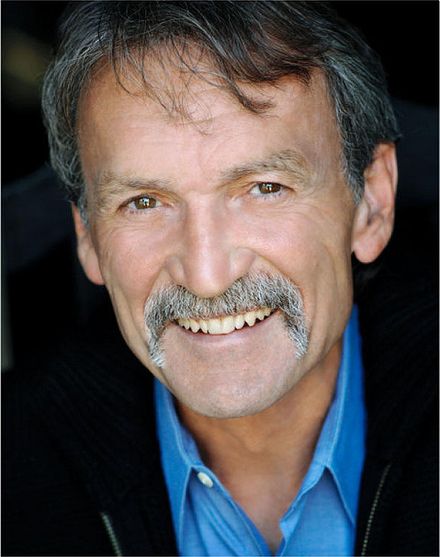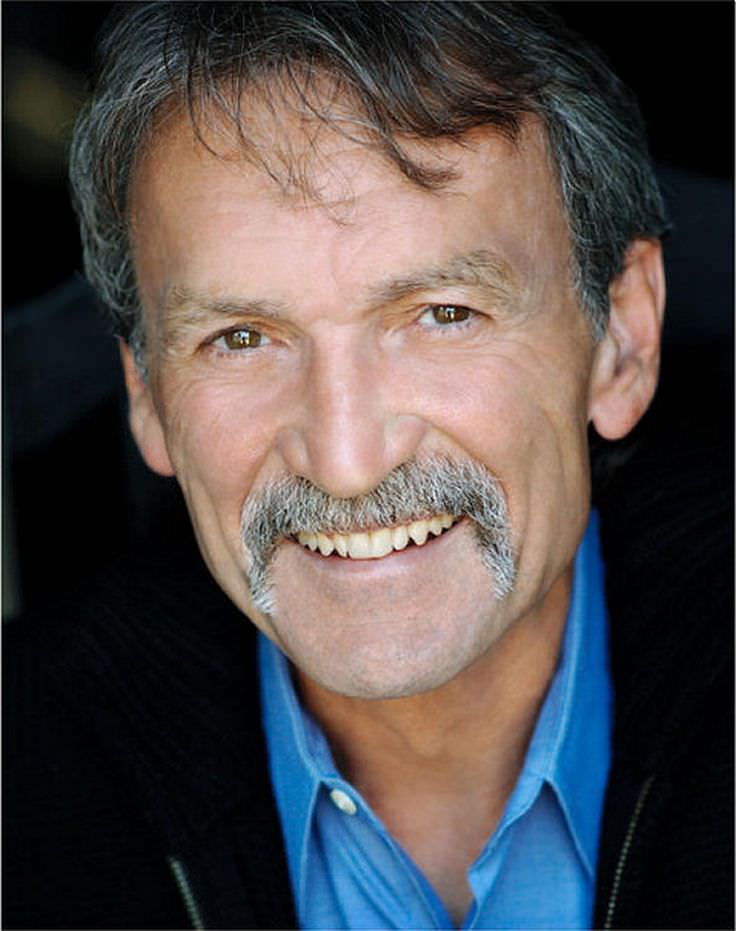
Shakespeare and Ben Jonson apart, only of Christopher Marlowe among playwrights of the first Elizabeth is enough known personally to make feasible an exploration of those connexions, now illuminating, now mysterious, between the artist's life and his work. In short, his nature had a tempestuously active side." Una Ellis-Fermor added that, like Doctor Faustus, he was "absorbed in the realisation of own destruction." The poet John Berryman noted the challenge of interpreting his seductive and endlessly intriguing character: Kyd, and others, feared him for his rashness in 'attempting soden pryvie iniuries to men.' Marlowe died with a dagger in his hand. Paul Kocher observed that "Marlowe was a swordsman who used rapier and dagger.

Eliot called him "this bard of torrential imagination." Harry Levin, one of Marlowe's best critics, wrote that he "threw a good deal of himself into these monomaniac exponents of the first person: egoists, exhibitionists, infidels, outsiders." Bernard Shaw described these characters as "wallowing in blood, violence, muscularity of expression and strenuous animal passion."

Yet his work has been combed for biographical meaning, and critics assume that Marlowe's personality is reflected in his characters. The plays are often treated in separate chapters or in separate volumes, and even completely ignored. Marlowe's biographers are pedestrian critics and fail to integrate the discussion of his life and works. He makes sense of the murky evidence and convincingly explains the political motive-the why-for his murder. Not until 1992 does Marlowe biography come of age with Charles Nicholl's summation of all the scholarly material in a sound but dramatic narrative. Desmond MacCarthy defined the biographer as an artist on oath, but the scholars are not artists, the popularizers not on oath. During the next phase, the popular biographers and fictionalizers, making much of the mysteries, invent bizarre solutions. The scholars discover the basic facts of the poet's life and death, but the major mysteries remain. The gradual accretions to knowledge by what Thomas Nashe called "mice-eyed decipherers" begin with John Ingram in 1904, reach their peak with Leslie Hotson in 1924, and end with John Bakeless in 1942.

The nineteen modern lives of Marlowe are documentary and scholarly, popular and pictorial, conjectural and fantastic, fictionalized and ingenious. It also shows how scholarly discoveries and cultural changes have altered our perception of his character. The evolution of Marlowe's character in twentieth-century biographies reveals the persistent urge, despite the scanty facts, to bring him to life. After his arrival the way was prepared, the paths were made straight, for Shakespeare." Before him was neither genuine blank verse nor genuine tragedy in our language. As Swinburne wrote in 1908, Marlowe was Shakespeare's John the Baptist: "He is the greatest discoverer, the most daring and inspired pioneer, in all our poetic literature. If he'd lived, he might have rivaled Shakespeare. When he died at the age of twenty-nine he'd found his distinctive voice-energetic, highly-charged and self-assured-and written greater plays than Shakespeare had by 1594. His premature death is one of the greatest losses to English literature.

But apart from the equally eccentric and defiant homosexual playwright Joe Orton, battered to death by his lover in 1967, Marlowe was the only major writer who was ever murdered.Īnother "marvellous boy," Marlowe has the irresistible appeal of a genius killed in his prime, his promise unfulfilled. Many writers have died young: Sir Philip Sidney of battle wounds and Wilfred Owen in battle, Alexander Pushkin and Mikhail Lermontov in duels, the Earl of Surrey on the scaffold and Shelley from drowning, Lord Byron and Rupert Brooke from a fever, Emily Bronte and Katherine Mansfield from tuberculosis, Edgar Allan Poe and Dylan Thomas from alcoholism, Thomas Chatterton and Hart Crane from suicide. Christopher Marlowe's murder, as Anne Sexton said of Plath's suicide, was a good career move.


 0 kommentar(er)
0 kommentar(er)
